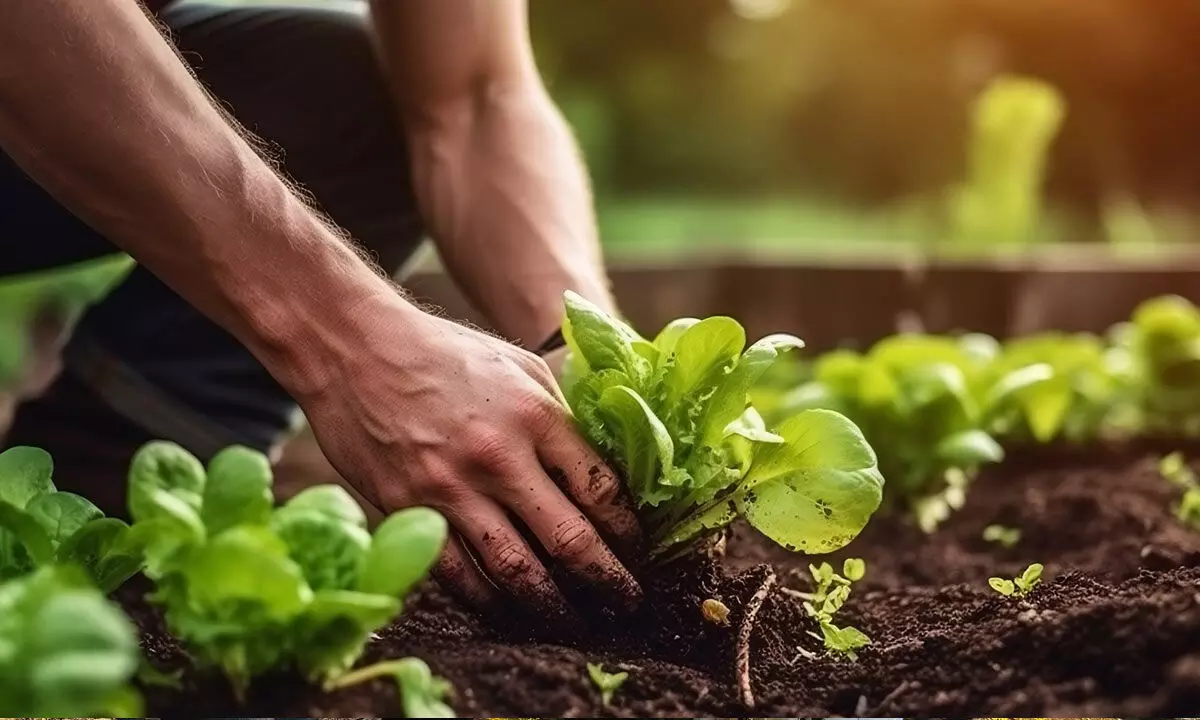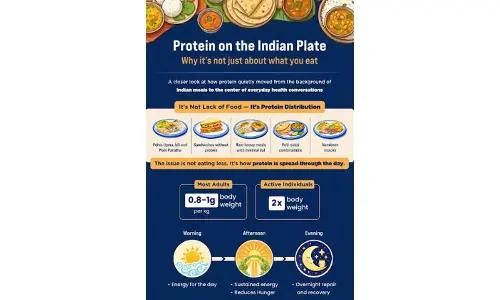Career opportunities in sustainable farming

As the world shifts towards environmentally friendly practices, sustainable farming is becoming a significant field with diverse career opportunities.
As the world shifts towards environmentally friendly practices, sustainable farming is becoming a significant field with diverse career opportunities.
Organic farming and crop management
One of the most direct career paths in sustainable agriculture is organic farming, which emphasizes the cultivation of crops without synthetic pesticides or fertilizers. Organic farmers and crop managers use natural methods to enhance soil fertility and manage pests, making food production safer for both consumers and the environment. This role often involves crop rotation, composting, and integrated pest management. Careers in organic farming also include opportunities in research, advising farms on transitioning to organic practices, and certification processes to meet organic standards.
Soil and plant scientists
Soil and plant scientists play a crucial role in sustainable farming by researching and developing better ways to grow crops with minimal environmental impact. They analyze soil quality, test new crop varieties, and explore sustainable ways to maintain soil health over time. With knowledge in biology, chemistry, and environmental science, soil and plant scientists help farms transition to practices that preserve ecosystems, prevent erosion, and enhance crop yields. This career is essential for supporting food security and promoting agricultural practices that work in harmony with nature.
Agroecologists
Agroecologists study agricultural ecosystems to create farming practices that mimic natural systems, promoting biodiversity and sustainability. They analyze the relationships between crops, insects, soil, and water, helping farmers design systems that reduce the need for chemicals while maintaining productivity. Agroecologists work in research, policy, or hands-on roles within farms or organizations. Their work is crucial in developing practices like agroforestry, polyculture, and crop rotation, which lead to healthier soils and improved resilience to climate change.
Farmers' Market Coordinators and Community Supported Agriculture (CSA) Managers
As consumer interest in locally sourced food grows, so does the demand for market coordinators and CSA managers. These professionals work to connect local farms with communities, organizing farmers' markets or managing CSA programs where consumers subscribe to regular shares of fresh produce. These roles are essential for promoting sustainable, local agriculture and educating the public on the importance of supporting small-scale farms. They are also vital for farmers, providing them with a stable market and an engaged customer base.
Sustainable farm consultants
Farm consultants specializing in sustainability advise farms on implementing eco-friendly practices. These consultants assess a farm's current operations, identify areas for improvement, and suggest strategies for reducing waste, improving water use efficiency, and increasing biodiversity. Sustainable farm consultants may work independently or with organizations, helping farms adapt to regulations, manage resources efficiently, and remain competitive. This role is crucial for farms looking to transition to more sustainable methods while ensuring profitability and productivity.
Renewable energy specialists for farms
Renewable energy is a growing field within sustainable farming. Renewable energy specialists design and implement energy solutions for farms, such as solar panels, wind turbines, and biomass systems. These experts help reduce a farm’s carbon footprint and make operations more efficient. Knowledge in energy systems, engineering, and environmental science is valuable in this field, as farms look for ways to become more self-sufficient and reduce dependency on non-renewable energy sources.
Agricultural Policy Advisors
With increasing focus on sustainable practices, governments and organizations need policy advisors who understand sustainable farming’s benefits and challenges. Agricultural policy advisors work with lawmakers, non-profits, and industry groups to develop policies that promote sustainable agriculture. They advocate for incentives, subsidies, and educational programs that encourage farmers to adopt environmentally friendly practices. This career path is ideal for individuals interested in shaping the future of agriculture and influencing large-scale change.
Education and outreach specialists
Educating the public about sustainable farming is essential for long-term change. Education specialists work within organizations, schools, or non-profits to create programs that teach sustainable practices, both to new farmers and the broader public. Outreach specialists often collaborate with community groups, schools, and government agencies to raise awareness about sustainable agriculture, supporting initiatives that promote healthy ecosystems and food security.










